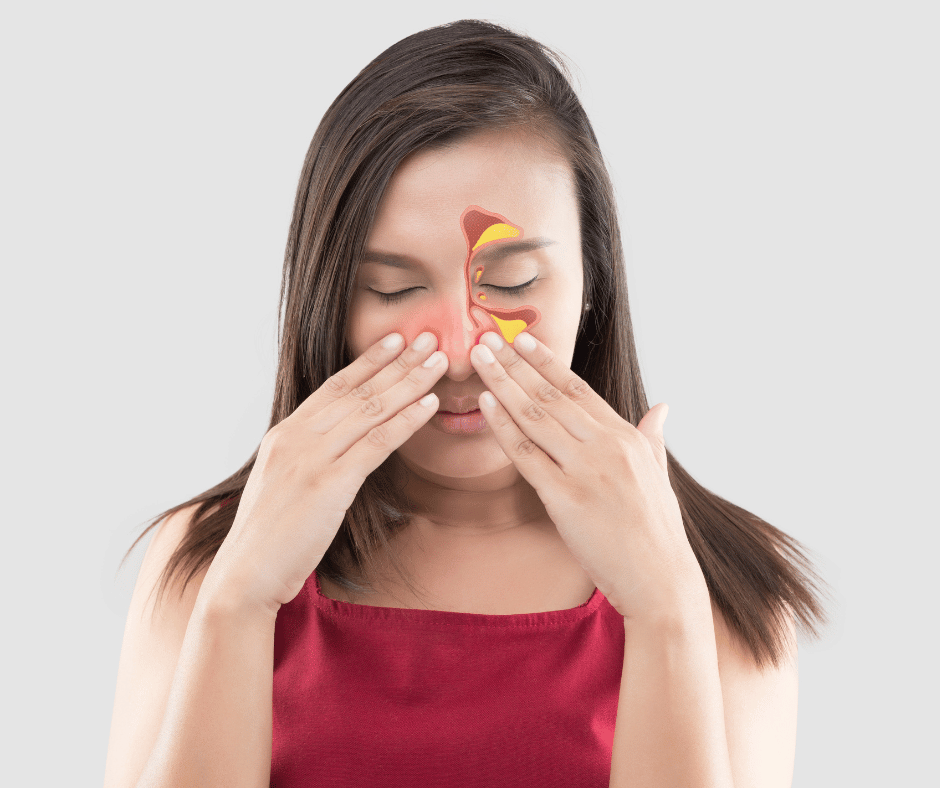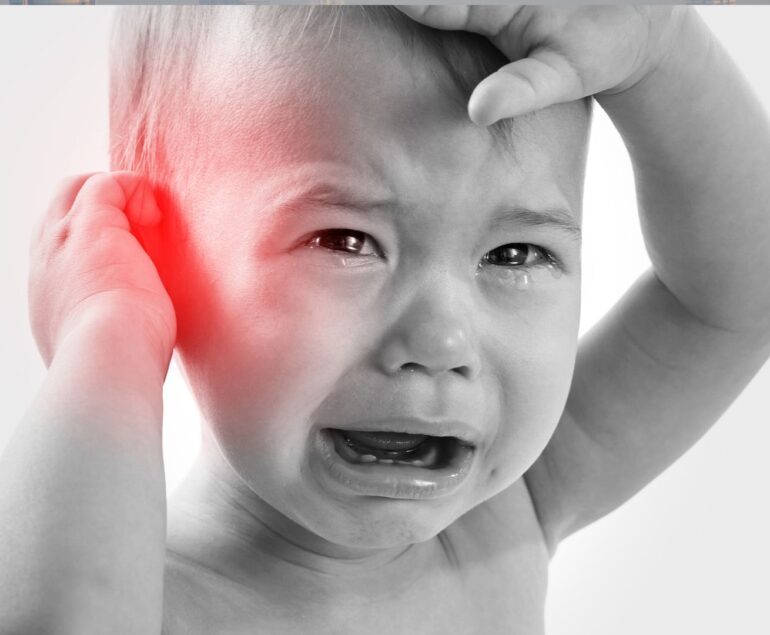Hay fever, which is another name for allergic rhinitis, is a common condition that affects millions of people all over the world. It is an allergic response to things like pollen, dust mites, and pet dander that makes the nasal passages swell up. In this blog post, we’ll talk about what causes allergic rhinitis, what its symptoms are, and how to treat it.
What makes allergic rhinitis happen?
The immune system overreacts to harmless things in the environment, like pollen, dust mites, and animal dander, which causes allergic rhinitis. When the immune system thinks that these substances are dangerous, it sends out histamine and other chemicals that make the nasal passages swell up and cause other symptoms.
Some things that can make you more likely to get allergic rhinitis are having a family history of allergies, being exposed to pollution, or having a weak immune system.
Allergic Rhinitis Signs and Symptoms
The signs of allergic rhinitis can be different for each person, but here are some common ones:
- Sneezing
2. Runny or stuffy nose
3. Nose, eyes, and throat itchy
4. Eyes that leak
5. Postnasal drip (mucus dripping down the back of the throat)
6. Cough \sFatigue
7. Depending on the type of allergen, allergic rhinitis symptoms usually come and go with the seasons. For instance, allergies to pollen may be worse in the spring and fall, and allergies to dust mites may be worse in the winter.
How to Take Care of Allergic Rhinitis
The best way to treat allergic rhinitis depends on how bad and how often the symptoms are. Here are a few common ways to treat:
Avoidance of Allergens
Avoiding the allergens that cause your symptoms is the best way to treat allergic rhinitis. This could mean staying inside when pollen counts are high, using air purifiers and allergen-proof bedding, and either not having pets or cleaning them often.
Medications
There are many different kinds of medicines that can help relieve the symptoms of allergic rhinitis.
Antihistamines stop the effects of histamine, a chemical that is made when someone has an allergic reaction.
Decongestants help relieve stuffy noses by making the blood vessels in the nasal passages smaller.
Nasal corticosteroids: These medicines can relieve nasal symptoms and reduce inflammation in the nose.
Leukotriene modifiers: These medicines can stop leukotrienes from doing their job. Leukotrienes are chemicals that are made when you have an allergic reaction. They cause inflammation and swelling.
Immunotherapy
Immunotherapy, which is also called allergy shots, involves giving the body small amounts of the allergen over time to make the immune system less sensitive to it. This can help make allergic reactions less severe and happen less often over time.
In the end, allergic rhinitis is a common condition that can make you feel bad. Make an appointment with your doctor if you think you have allergic rhinitis. Most people with allergic rhinitis can deal with their symptoms and live a better life with the right diagnosis and treatment.
About Author:
Dr. Vivek Kumar Pathak: Renowned ENT Surgeon, Senior Professor, and Founder.
Dr. Pathak, ENT surgeon at Kailash Hospital, Senior ENT Professor at Sharda University, and founder of Entegrity Care, brings expertise and innovation to healthcare. Discover the visionary behind Doxtreat Healthcare, shaping the future of ENT care.
Website www.drvivekpathak.com
Call +917838450942
WhatsApp +91 78384 50942
Book an appointment with Dr. Vivek kumar Pathak by filling the form.




